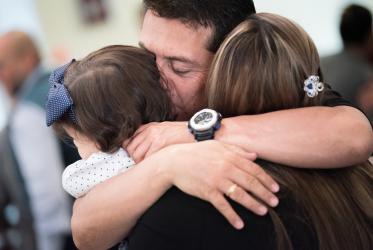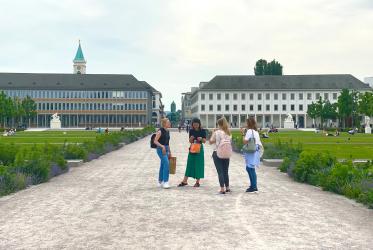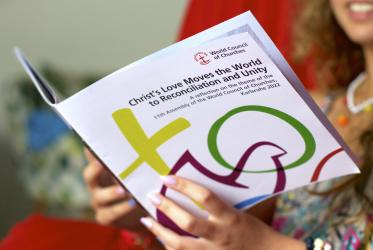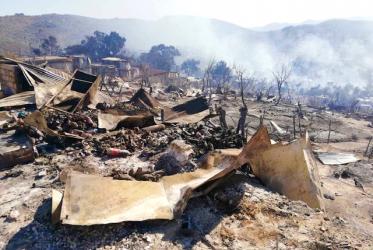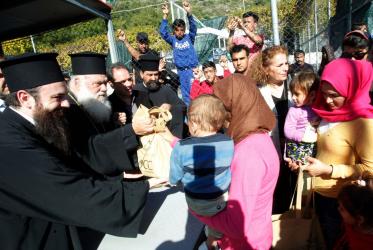Displaying 1 - 20 of 108
World mourns loss of Archbishop Desmond Tutu
30 December 2021
Webinar - “People on the Move: Solidarity and Advocacy”
12 November 2020
https://www.oikoumene.org/live

